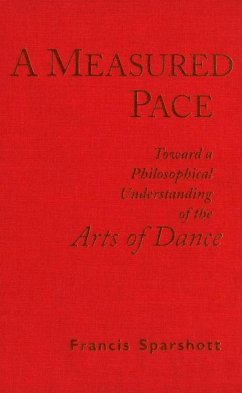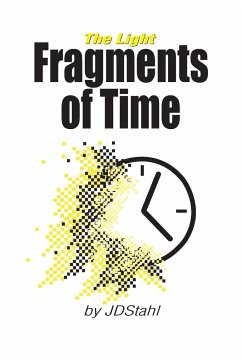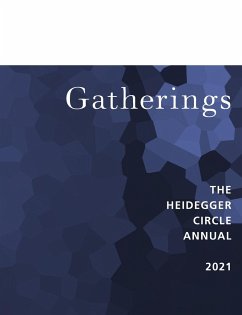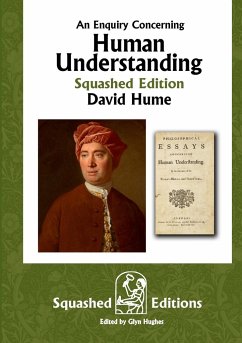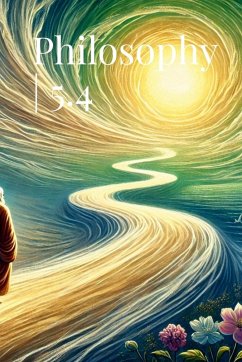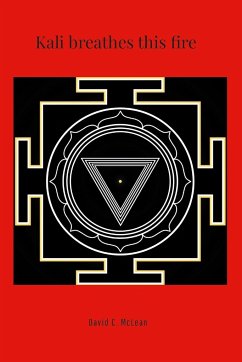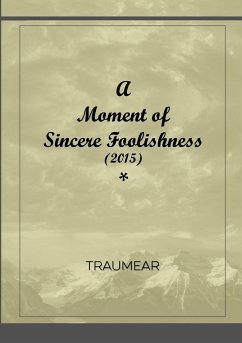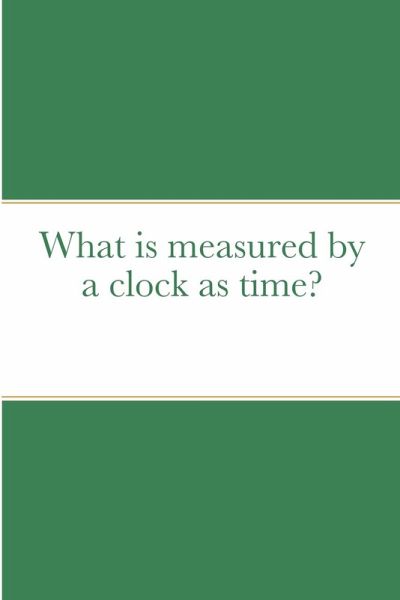
What is measured by a clock as time?
Versandkostenfrei!
Versandfertig in 1-2 Wochen
10,99 €
inkl. MwSt.

PAYBACK Punkte
5 °P sammeln!
What we call 'time' is said to be divine time, where a second here is supposed to be a second everywhere else. It is assumed to have been imposed by God and also said to be the most mysterious thing in the whole universe. Then H. A. Lorentz discovered local time by accident. At once Einstein proclaimed it as 'time, pure and simple', whereupon Bertrand Russell too posed the question, 'what then is measured by a clock?' The author of this small book provides an answer that makes time (as local time) essentially secular and discrete, since it is created with the application of points to any space...
What we call 'time' is said to be divine time, where a second here is supposed to be a second everywhere else. It is assumed to have been imposed by God and also said to be the most mysterious thing in the whole universe. Then H. A. Lorentz discovered local time by accident. At once Einstein proclaimed it as 'time, pure and simple', whereupon Bertrand Russell too posed the question, 'what then is measured by a clock?' The author of this small book provides an answer that makes time (as local time) essentially secular and discrete, since it is created with the application of points to any space---sentience is required, intelligence is necessary and a theory of numbers absolutely essential. The first casualty, therefore, is Time Travel since discrete time cannot march through the cosmos; the second is divine time; and the third is the Minkowski equation of space to time. Finally, he says history cannot be the march of time but the march of events since discrete time cannot march and only events have antecedents and consequences as the connected stories of the past.



